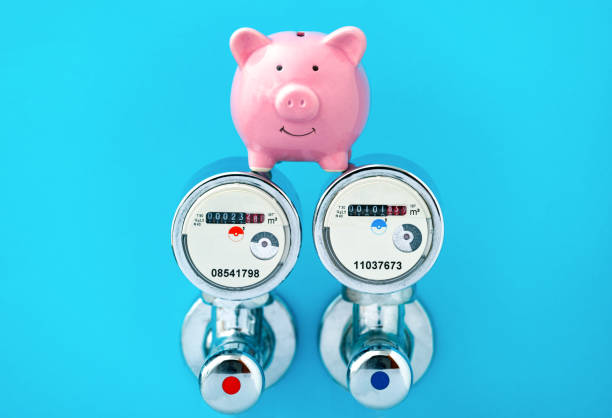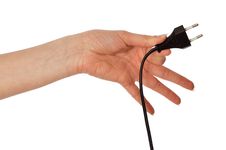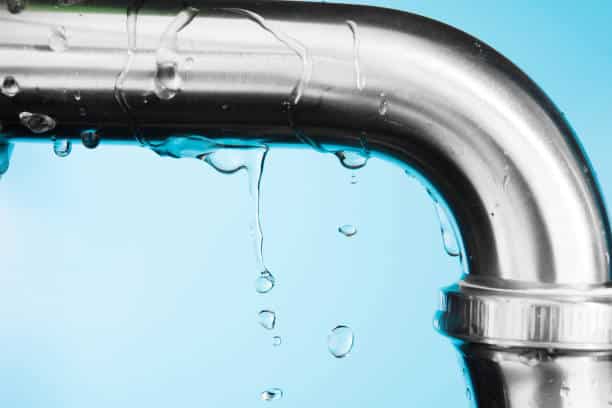How to Keep Your Bills Manageable While Sheltering in Place

Sheltering in place is transforming our day-to-day lives in a thousand ways, big and small. Unfortunately, even your bills are no exception. Since you’re spending all your time at home, you’re probably using your utilities more than usual. Unfortunately, the more water, electricity, and cooling you use, the more costly your bills become.
In other words, in addition to how hard sheltering in place can be for all kinds of different reasons, it can also get expensive. So if you need a way to save money right now, minimizing your utility bills can be an amazingly effective one. Luckily, it isn’t that hard or disruptive, either! Saving money on bills is mostly about using your home utilities as efficiently as possible. Here are some excellent ways to do that:
Turn off the sink while washing your hands.
It’s impossible to reiterate this too many times, especially right now. You’re probably washing your hands a lot right now. You’re probably even taking the advice to wash your hands for at least 20 seconds. That’s fantastic! Just remember: TURN OFF THE WATER WHILE YOU’RE WASHING!
You should only run the water twice while washing your hands: once when you first lather up and once when you rinse. Only run the water on for as long as both of those actions take–two seconds, max. Keep the water off for the other 18 seconds. It might sound a little extreme, but we promise it’s worth it. We can prove it with math!
Let’s say you wash your hands an average of 8 times per day. If you leave your water running for the additional, unnecessary 18 seconds every time you wash them, then you’re wasting 144 seconds, or 2 minutes and 22 seconds, worth of water. An average bathroom sink faucet uses 1-3 gallons of water per minute while running. Therefore, by leaving your water running while you wash your hands, you’re wasting 2 to 6 gallons of water per day.
Now, on the bright side, think about what happens when you stop doing that. You’re using 2 to 6 fewer gallons every day. Your water bill will reflect that change immediately. Not to mention, given how often you’re probably washing your hands right now, this is more important than ever. Turn off that faucet!

Unplug non-essential electronics
Did you know that all electronic devices still consume some power when plugged in, even if you turn them off? That includes your tv, stereo, chargers, appliances and everything else. Of course, any individual device doesn’t use much power, but together they can add up over time. The CDC estimates that this so-called “vampire” energy usage accounts for 5-8% of an average household’s annual energy bill.
Look around your home for any electronics you’re not using but keep plugged in. Chances are, there are more than you even realized! Start with the prominent (computers, TVs, chargers), but don’t forget to get a little more creative than that. For instance, you could easily unplug lamps or clocks you’re not currently using! Just be careful not to go overboard and unplug anything you need. Learning to keep things unplugged when you don’t need them is a great habit to save money fast.

OPEN YOUR WINDOWS
First of all: don’t be afraid to open your windows. You don’t need to worry about coronavirus blowing in through your open windows. Opening your windows to circulate fresh air is a great way to prevent stagnation. Opening your windows has benefits for your power bills, too.
Keeping your shades up also lets natural sunlight in, which can help you turn on fewer light bulbs during the day. Plus, we could all use as much vitamin D as we can get right now.

Look for leaks
Depressing as this may be to consider, being at home all the time is the perfect opportunity to take stock of things you need to fix. While you shouldn’t feel pressured to get super-productive with your time (no need to write King Lear), it is worth thinking about the problems that might be costing you money as we speak. Chief among those problems? Plumbing leaks.
Did you know that a faucet that drips four times per minute wastes 138 gallons of water per year? A hairline fracture in a pipe that’s leaking, even if you don’t see it, could waste even more. No matter how inconsequential, any plumbing leak is costing you money—one of the most cost-effective things you can do while social distancing is finding and fixing these leaks.

OUR TECHNICIANS AT QUICKER ROOTER PLUMBING ABIDE BY THE PROTOCOLS IN PLACE, AND WE CAN HELP YOU WITH ANY PLUMBING ISSUE YOU FIND WHILE NESTING.
STAY HOME, STAY SAFE, AND SLASH SOME CASH FROM YOUR UTILITY BILLS.


